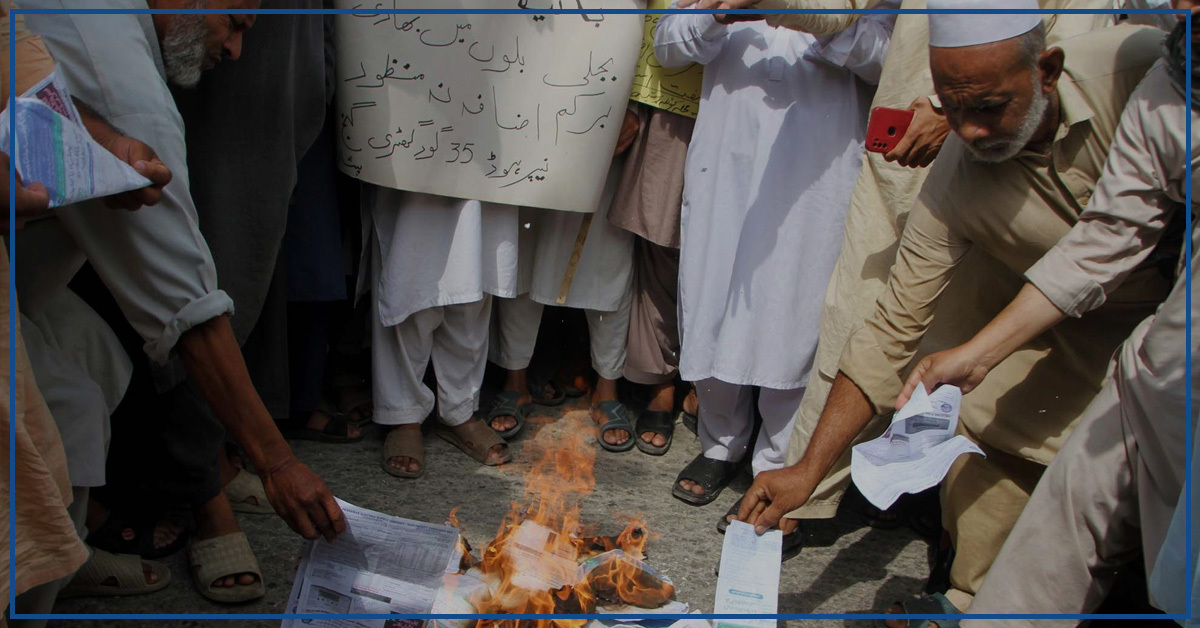As widespread protests continue across the country against skyrocketing electricity bills, the interim government is facing a challenging dilemma. They are struggling to find a solution that won’t anger the International Monetary Fund (IMF) while also preventing further public outrage.
During a recent cabinet meeting led by Caretaker Prime Minister Anwaarul Haq Kakar, the interim government expressed their inability to address the issue effectively. They even discussed the possibility of allowing citizens to pay their electricity bills in installments but acknowledged that they needed approval from the IMF to implement this measure.
In an interview with anchor Meher Bokhari, a government spokesperson, Mr. Solangi, stated that the cabinet had devised short-, medium-, and long-term relief plans for consumers. However, these plans had certain implications that required the IMF’s consent. He mentioned that Finance Minister Shamshad Akhtar was currently in discussions with the IMF, and they hoped to make an announcement soon.
Mr. Solangi assured that the relief measures proposed by the caretaker cabinet would not jeopardize two crucial financial aspects – the primary surplus and the circular debt.

When asked about the timing of the upcoming elections, Mr. Solangi emphasized that the caretaker government had no authority over the election date. This decision now fell under the jurisdiction of the Election Commission of Pakistan (ECP) following amendments to the Elections Act. Nevertheless, he reiterated the government’s commitment to support the ECP in adhering to its election schedule.
Furthermore, a source privy to the cabinet meeting revealed that while the interim government couldn’t directly provide relief to consumers, they were considering allowing bills to be paid in four to six installments. However, even this would require prior approval from the IMF.
It’s important to note that the surge in electricity bills isn’t solely due to increased energy costs. A significant portion of each bill comprises government-imposed taxes, making up 40 to 50 percent of the total amount. These taxes include charges such as electricity duty, TV fees, General Sales Tax (GST), GST on Fuel Price Adjustment (FPA), and excise duty on FPA.
The public’s frustration with the situation has led to a flood of social media posts, with many sharing humorous memes illustrating the burden of these inflated bills. Some individuals have even shared announcements allegedly made from mosques, encouraging citizens to refrain from paying their electricity bills altogether.





